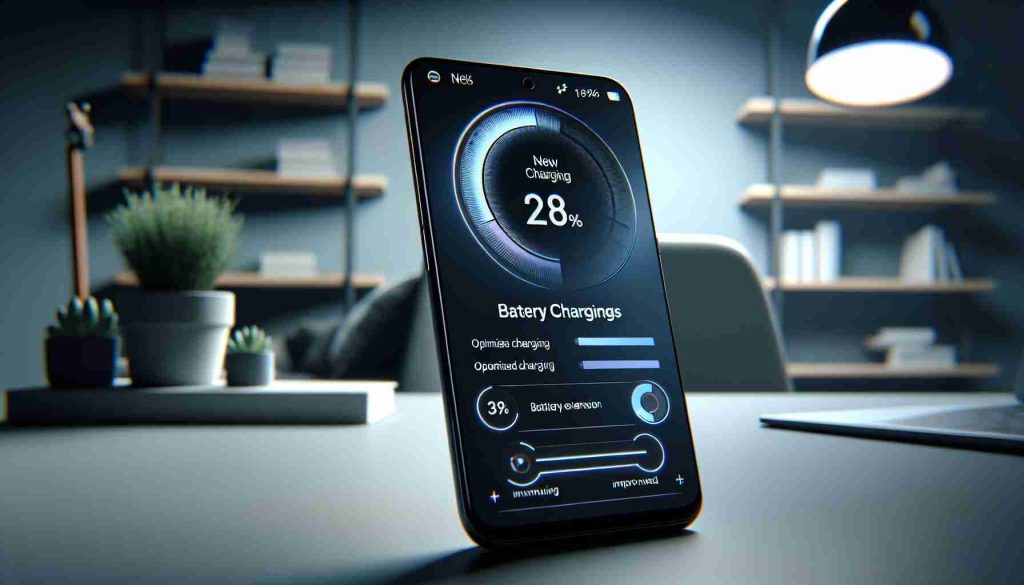In light of a concerning surge in SIM swap scams, local law enforcement is urgently advising all mobile phone users to remain vigilant against potential fraud. Cybercrime specialists emphasize that unsuspecting individuals are becoming prime targets for these deceptive schemes. They suggest that consumers should immediately reject any calls from individuals posing as customer service representatives who claim to need to upgrade SIM cards.
Reports indicate that there have been approximately 100 cases across the nation, resulting in substantial financial losses, totaling around ₹7 crore. Notably, around 20 incidents have occurred in Kerala alone, highlighting the extensive nature of this emerging threat.
The modus operandi of the fraudsters usually involves contacting victims under the pretext of requiring updates to their SIM cards for KYC purposes. Victims who comply may unknowingly receive a QR Code, which allows offenders to take control of the victim’s e-SIM and subsequently gain access to banking information. Many victims only discover the fraudulent activity after their physical SIM cards are deactivated.
The complexity of tracking these offenses is compounded by the advanced technology used in e-SIMs, making law enforcement efforts increasingly challenging. Authorities recommend that individuals should avoid engaging in conversations with unknown callers and always verify information directly with service providers. With a shift in victim demographics, even educated professionals are finding themselves ensnared in these scams, illustrating the need for heightened awareness among all smartphone users.
Stay Safe from SIM Swap Scams: Tips, Life Hacks, and Interesting Facts
In today’s digital age, staying informed about cyber threats is crucial. With the alarming rise in SIM swap scams, it’s important to arm yourself with knowledge and practical strategies to evade these scams. Here are some tips, life hacks, and interesting facts to keep you safe:
1. Strengthen Your Authentication: Always enable two-factor authentication (2FA) on your accounts. Use apps like Google Authenticator or Authy for added security rather than relying solely on SMS text messages. This extra layer can help protect your accounts even if your SIM is compromised.
2. Be Skeptical of Unsolicited Calls: If you receive a call from someone claiming to be from customer service, especially regarding your SIM card, hang up and call the official customer service number of your mobile carrier directly. Do not share any personal information over the phone.
3. Monitor Your Accounts Regularly: Keep a close eye on your bank and credit accounts. Report any suspicious transactions immediately. Many banks offer fraud alerts; consider signing up for these services to get real-time notifications.
4. Use a Strong Password: Create complex passwords that combine letters, numbers, and special characters for your mobile and online accounts. Change your passwords frequently and avoid reusing passwords across different platforms.
5. Educate Yourself about Phishing Techniques: Familiarize yourself with common phishing tactics used by scammers. This knowledge can help you spot red flags in communications that might otherwise appear legitimate.
6. Keep Your Software Updated: Regularly update your smartphone’s operating system and apps to the latest versions. These updates often include patches for security vulnerabilities that could be exploited by scammers.
7. Avoid Public Wi-Fi: Using public Wi-Fi networks can expose your data and make it easier for hackers to access your information. Use a VPN when necessary and stick to your mobile data when handling sensitive transactions.
8. Secure Your SIM Card: Consider using a physical lock or a PIN for your SIM card, which makes unauthorized access significantly more challenging for fraudsters.
9. Report Suspicious Activity: If you think something fishy is going on with your mobile account or your personal information has been compromised, report it to your carrier and local authorities right away.
10. Stay Informed: Keep up with the latest news on cybercrime. Knowledge of emerging threats can help you prepare and protect yourself from becoming a victim.
Interesting Fact: The increasing use of e-SIM technology has made it easier for fraudsters to gain access to personal information without needing physical access to the smartphones. This highlights the importance of maintaining rigorous security measures.
For more information on protecting yourself from cyber fraud, visit the National Cybersecurity Center for the latest updates and tips.
Stay vigilant and proactive to safeguard your personal and financial information against the ever-evolving tactics of scammers. Awareness and immediate action are your best defenses in this digital landscape.























